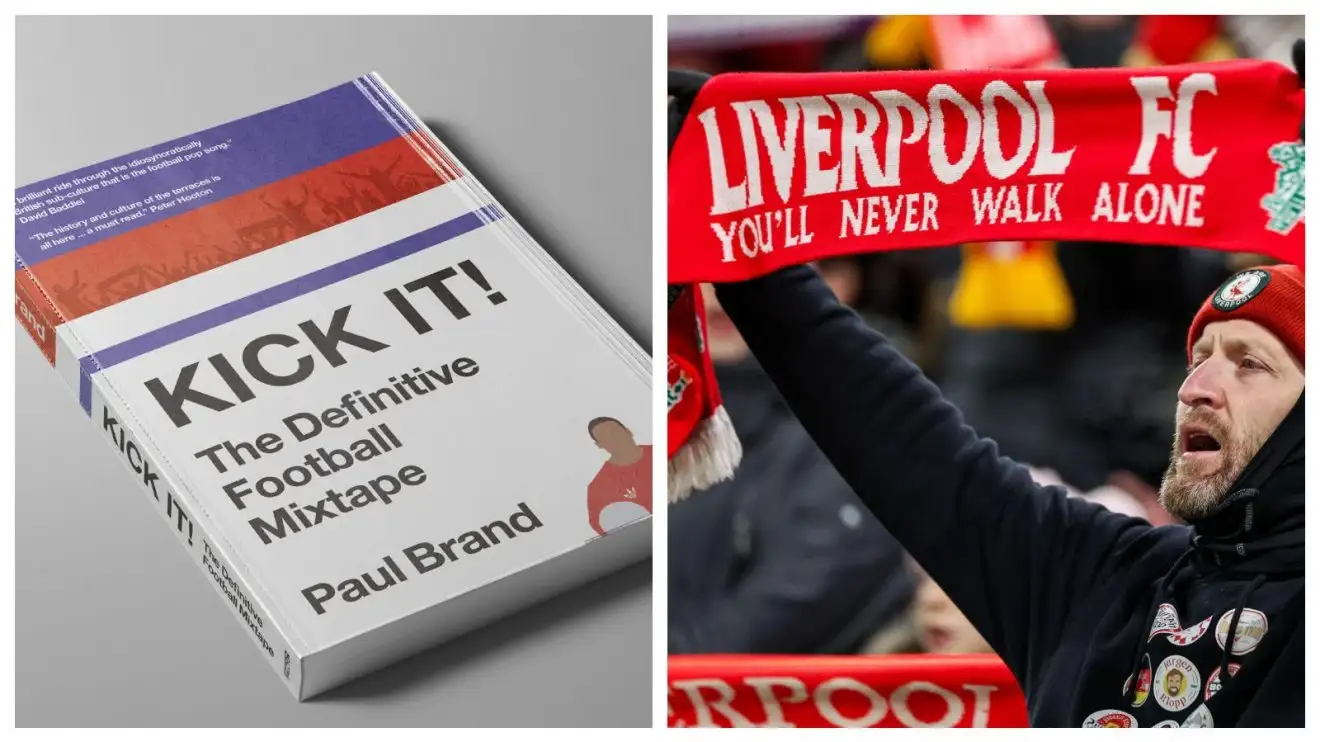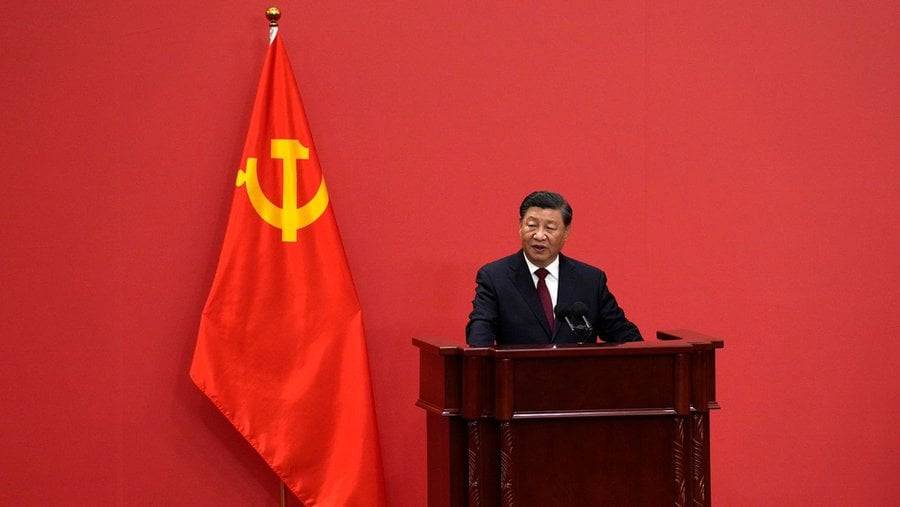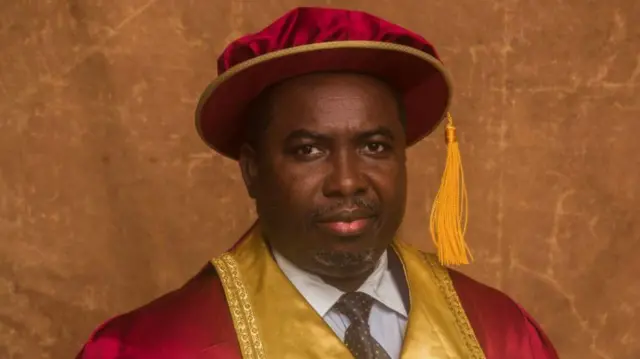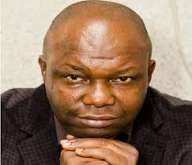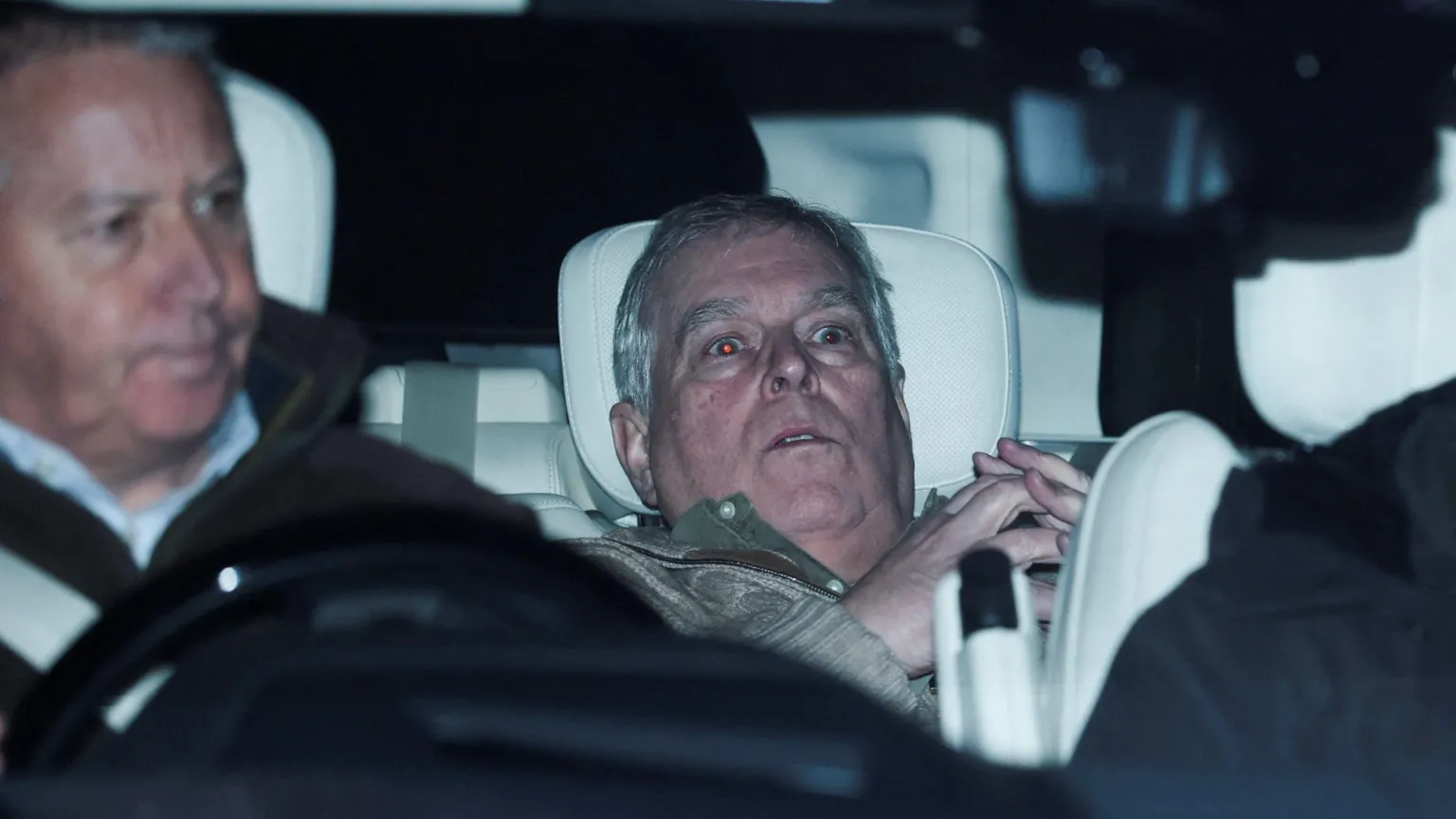How exactly did a Rodgers and Hammerstein show tune weave its way into the hearts of working-class football supporters on the other side of the Atlantic?
There are no explicit pointers in the plot of Carousel, the Broadway show for which it was written.
The story of carnival barker Billy Bigelow and mill worker Julie Jordan contains no kickabouts and no epic sporting scenes. It does, however, contain the sort of heartrending emotion and drama that football followers might associate with penalty shootout agony.
The song’s narrative function is consolatory, crooned by Nettie Fowler – the cousin of Julie – to comfort the female lead after her errant husband Billy has died in her arms following a botched robbery. It is also achingly sentimental: it is given a reprise in the final scene as the ghost of Billy – granted permission to return to Earth for one day to make amends to his widow – watches the graduation class of Louise, the troubled daughter he never met.
Maudlin and born of misconduct, modern-day trolls might say it was perfectly suited to Scousers from the get-go. So it comes as a surprise to learn that the song’s title could very easily have been inscribed on the gates of Old Trafford instead of Anfield.
The visit of Sheffield Wednesday for an FA Cup fifth-round tie on Saturday, 15 February 1958 was the first match Manchester United played following the Munich air disaster nine days earlier. With 20 dead on impact, including seven players, and many others including manager Matt Busby still in hospital, the atmosphere was understandably sombre. The programme was left blank where the line-up should have been, a gesture heavy in symbolism but also compelled by necessity. A scratch team of youngsters, reserves and loanees – anchored by Harry Gregg and Bill Foulkes, the only survivors fit to play – somehow won 3-0.
Prior to kick-off, members of the New Mills Operatic Society performed ‘You’ll Never Walk Alone’, a song they had been rehearsing at the time of the crash, in tribute to the Busby Babes. It was seen as a fitting choice by the 60,000 in attendance, who joined in en masse to make for a rousing and tear-jeking rendition.
Indeed, some of those there that day claim that their north-west rivals stole the song from them, although there is no evidence that it subsequently became a fixture on the Stretford End.
And setting rivalry aside, Liverpool (for whom Busby had played for five years until war service intervened) offered five players on loan to help Manchester United fulfil their fixtures for the 1957/58 season, when there was a real chance of the club folding in the shadow of the Munich tragedy.
Given that such a poignant season ended at Wembley, as FA Cup runners-up, the idea of walking on through a storm resonates incredibly strongly, so perhaps the bigger surprise is that the Reds of Manchester didn’t persevere with Carousel’s defining number and it instead swung to the Reds of Liverpool five years later.
So what instigated this move along the M62, which conveniently opened during the intermission? The answer is as prosaic as a cover version by Gerry and the Pacemakers.
The song was already widely known; as well as the 1956 film version of Carousel, recordings by Frank Sinatra, Judy Garland and Gene Vincent among many others had brought it to global attention. But it was Gerry Marsden’s Merseybeat combo who first took it into the higher reaches of the UK pop charts.
Liverpool was one of the first clubs to employ a DJ, who would count down the top 10 in the build-up to matches. It is therefore reckoned that ‘You’ll Never Walk Alone’ first reverberated around Anfield for the visit of West Bromwich Albion on 19 October 1963, when it entered the top 10 at number seven. By the time Leicester came to Anfield two weeks later it was at number one, meaning it was played on the public address system just before kick-off.
Never mind that Liverpool lost 1-0, with match reports describing a bad-tempered affair that ‘the crowd of 47,438 did not like one little bit’, the song at least was well received. When it was knocked off the top spot after four weeks and eventually dropped out of the top 10, Liverpudlians demanded that their song continue to be played.
While the Beatles were busy invading the US, the Scousers had also taken an American standard and made it their own. Paul Du Noyer – author of a musical history of his home city, Liverpool: Wondrous Place – explains the sense of identity conferred by the success of Gerry and the Pacemakers’ single:
‘There is a great solidarity in Liverpool and that is a virtue to which that song appeals… People in Liverpool do feel that they are stuck on the edge of the land and when they gather in large numbers, they feel a sense of kinship kick in, and the song is very effective at speaking to that feeling.’
On-pitch success undoubtedly helped. The trophy-laden era of Bill Shankly doesn’t dovetail neatly with the song’s thematic concerns of despair and endurance, but the Merseybeat connection overrides such qualms. And prior to the golden sky of the 1960s, Shankly had delivered the club from relative gloom. Having spent most of the Fifties languishing in the Second Division, the Swinging Sixties represented a bright new era for the city both musically and sportingly.
In his 1968 book The Football Man, Arthur Hopcraft noted that the era brought ‘rehearsed chants and verses…created in Liverpool, where the city character, with its pervading harshness of waterfront life, and bitterly combative Irish exile content, was given a sudden flowering of arrogant expression with the simultaneous rise of its pop musicians and of both its leading football teams.’
The season that Gerry and the Pacemakers topped the charts, Liverpool were also crowned champions, having clambered out of Division Two only a couple of years earlier. This was a city very much in the ascendancy.
They would claim a seventh league title in 1965/66.
In between times, they would also lift the FA Cup for the first time. Indeed, when fans at Wembley for the 1965 Cup Final struck up a chorus of ‘You’ll Never Walk Alone’, taking the opportunity spurned by their Mancunian counterparts in 1958 to bind song and club in the national consciousness, TV commentator Kenneth Wolstenholme declared it their “signature song”.
The identity of the modern Liverpool was in the process of being moulded; 1964 was also the year that the team switched to an all-red kit, as well as marking their first foray into Europe. But it was in New York that the Pacemakers and the players came face to face. When Marsden realised that an appearance on The Ed Sullivan Show coincided with the team being in town for a pre-season tour, he convinced the programme’s producers to invite them on as well.
After the full team had joined the band on stage to perform ‘You’ll Never Walk Alone’, Shankly approached the lead singer and said, “Gerry, my son, I have given you a football team and you have given us a song.”
The serious-minded Shankly certainly developed an emotional attachment to the work of Richard Rodgers and Oscar Hammerstein II. When Liverpool’s charismatic manager appeared on Desert Island Discs in the spring of 1965, the Pacemakers’ recording of ‘You’ll Never Walk Alone’ was his final choice. Fittingly, it also closed his funeral service in 1981. His granddaughter Karen Gill recollects how, in his dotage, he would “pull out his big gramophone and put the record on and play it, so we would hear it throughout the house”.
When the ornate Shankly Gates were unveiled on the Anfield Road 11 months after the great man’s passing, the title of the Kopite anthem seemed an obvious choice to adorn them.
Tragically, the iconic phrase would assume even greater resonance as the Eighties progressed. In the dark days before the Taylor Report led to increased safety measures in stadiums across the country, ‘You’ll Never Walk Alone’ soundtracked the two events that provoked a watershed in British football culture.
First came the Bradford City stadium fire in 1985, which killed 56 and injured at least 265 more, leading to the charity release of ‘You’ll Never Walk Alone’ by the Crowd, spearheaded by Marsden. As well as making money for the casualties, the record also made him the first person to top the charts with different versions of the same song.
Even more pertinent was the 1989 Hillsborough tragedy that claimed the lives of 97 Liverpool supporters. In the aftermath, with tabloid newspapers falsely accusing a hooligan element for the fatal crush, the notion of walking through a storm with your head held high had never rung truer to grieving Liverpudlians.
Football is a tribal game but it also has an unrivalled power to unify and suddenly ‘You’ll Never Walk Alone’ could be heard on both sides of Stanley Park, the natural soundtrack to city-wide vigils.
In the words of player-manager Kenny Dalglish, “[the song] filled a huge void for people who lost somebody at Hillsborough. It was emotive for many reasons, football was one of them, but not the most important one.”
Credit: Football365


